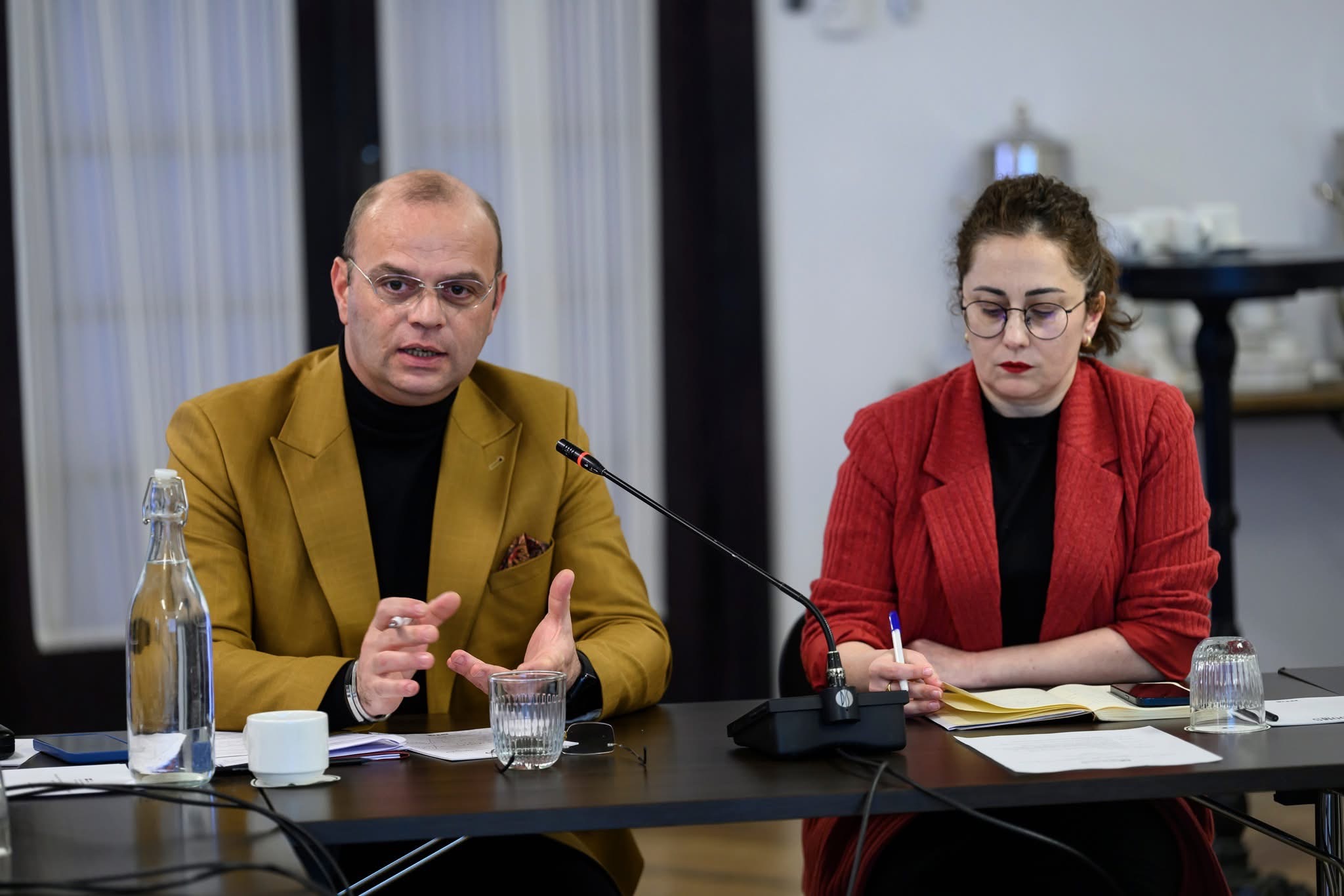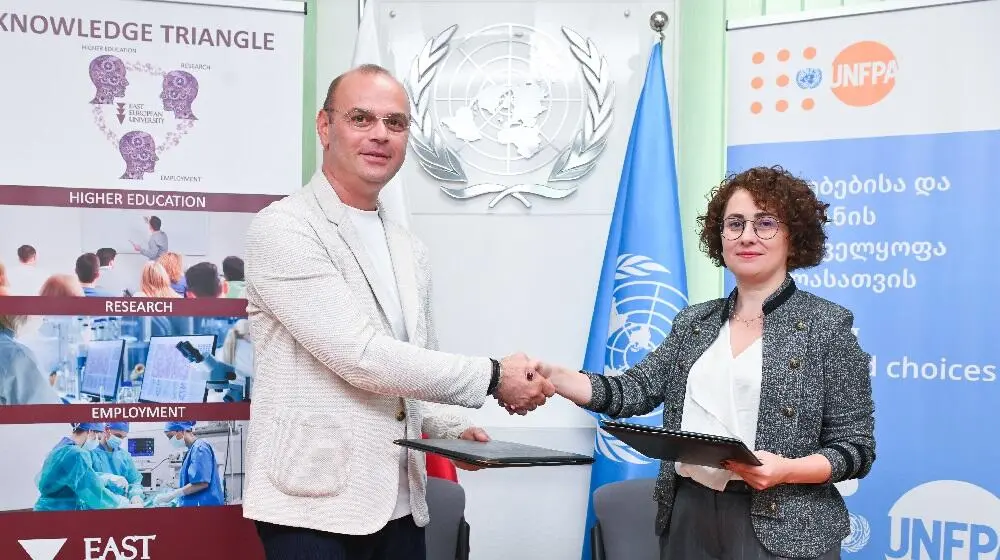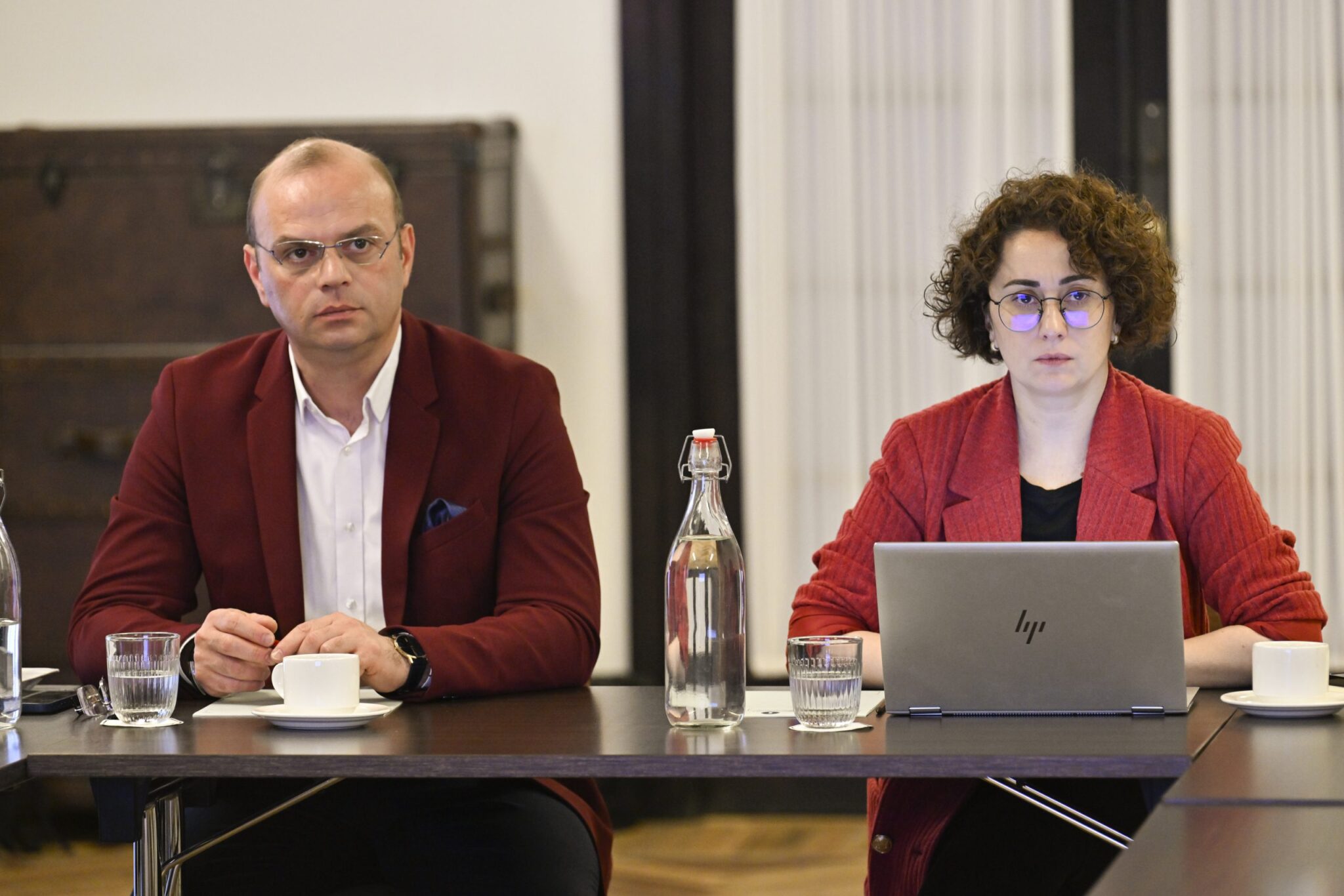Integrated International Career Development Document
Introduction
My aspiration for international career advancement stems from a solid academic foundation and extensive professional experience in education, public health, and youth wellbeing. With a Doctorate in Education Sciences from University College London (UCL), focusing on “Developing Relationships and Sex Education in Higher Education: An Exploration of Academics and Practitioners’ Views in Georgia,” and a leadership role at a multidisciplinary research center focusing on physical, mental, and social health, I have cultivated a strategic vision grounded in evidence, innovation, and equity.
As a qualified gynecologist, my clinical background informs my work in sexual health education, providing a solid foundation for developing educational programs that are scientifically accurate and practically relevant. Over the years, I have conducted several short-scale research projects, including “The Exploration of Students’ Understanding of Sex and Relationship Education,” “Developing Sexual Health Curriculum in a Further Education College,” and “The Professional Identity and Roles of the Nurse Educator in Sex Education.”
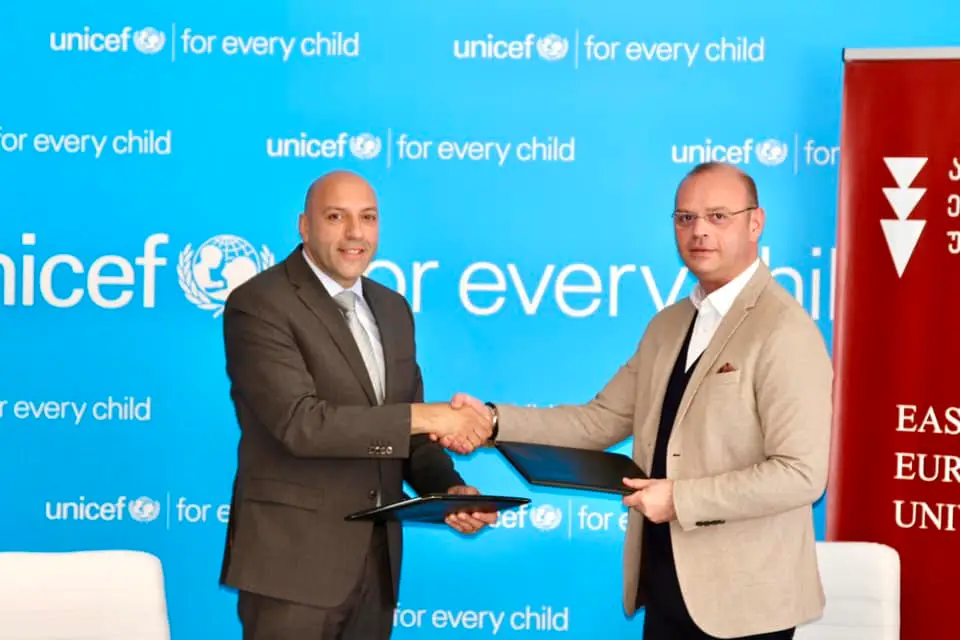
Through active participation in high-impact projects such as COST Actions and Erasmus+ programs, I have built a broad regional perspective across Central Asia and Eastern Europe. My engagement with UNFPA and other global stakeholders has deepened my commitment to bridging science and policy, and to empowering young people through research-driven education, inclusive policies, and community-centered action. This document outlines a five-year roadmap designed to elevate my leadership capacity and expand my impact on international platforms.
International Career Vision and Strategic Roadmap
Policy Influence and Participation
In the next five years, the strategic goal is to hold a senior expert or regional coordinator role within UNFPA, focusing on youth sexual and reproductive health across the South Caucasus and Central Asia. This includes direct involvement in shaping international and national policies, such as contributing to the development of national strategic documents on adolescent wellbeing and comprehensive sexuality education.
My direct involvement in shaping international and national policies has already translated into concrete outcomes. While I have served in advisory roles to ministries, parliamentary committees, and intersectoral boards—as part of my mission to bridge the gap between science and policy—I have also contributed to tangible achievements at both strategic and implementation levels.
Key Achievements:
- Curriculum Development: One of the most significant outcomes of my recent work has been the successful development of three syllabi for the Early Years Education BSc programme, focusing on physical, mental, and social well-being. These were designed to align with both national curriculum standards and international best practices in CSE, ensuring a holistic, age-appropriate approach to education.
- Strategic Dialogue and Research Translation: I have worked closely with relevant governmental departments and stakeholders to integrate CSE into higher education, drawing on both policy recommendations and empirical findings. This includes presenting research studies I have co-authored—demonstrating how evidence-based data can directly inform and enhance educational frameworks.
- Collaboration with National Quality Assurance Agency: A notable milestone was a strategic meeting with a representative of the National Quality Assurance Agency, where we discussed the inclusion of well-being-focused content in higher education curricula. This collaborative effort laid the foundation for the creation of a higher education syllabus centered on physical, mental, and social well-being, and marked an important step in aligning national quality standards with CSE principles.
- Policy Influence and Framework Co-Design: Beyond curriculum work, I have contributed to national strategic documents on adolescent well-being and sexuality education. I continue to provide expert input to national advisory bodies, with the objective of co-authoring legal frameworks and strategic education plans, including school-based sexuality education programmes and national curriculum standards.
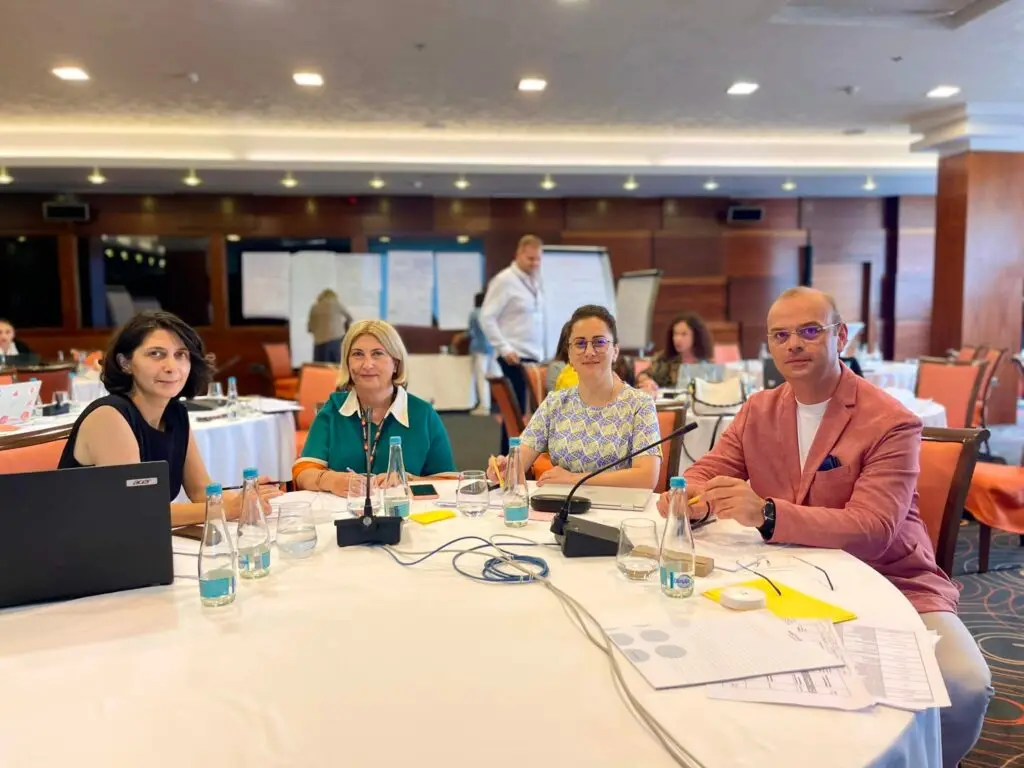
International Collaboration and Recognition
I will continue serving as an expert or lead developer in high-level projects with UNFPA, WHO, UNESCO, UNICEF, and IPPF. Drawing on my experience with COST Actions and Erasmus+ programs, I plan to lead multicultural research consortia addressing adolescent health needs across diverse cultural contexts.
As the Expert Coordinator and Leader of the Community of Practice (CoP) on Comprehensive Sexuality Education (CSE) Integration into Higher Education, I have been actively involved in advancing the quality and consistency of CSE integration across the region, with a strong focus on collaboration, research dissemination, and institutional engagement.
Achievements and Progress
We have held multiple CoP meetings, each contributing to the exchange of national experiences and fostering collaboration among representatives from Eastern Europe and Central Asia. One of our significant recent meetings featured a presentation by Dr. Joshua Heyes from Lincoln University, who shared findings from his national research, “Mapping Initial Teacher Training for Relationships, Sex and Health Education in England.” This research served as a catalyst for meaningful discussions around how teacher training programmes in higher education can better incorporate topics on sex, sexuality, and relationships.
The meeting also included:
- Country updates on the progress of integrating sexuality and relationships education into higher education frameworks.
- An open discussion and Q&A session to explore the implications of Dr. Heyes’ findings on existing and emerging training modalities.
- A briefing on the upcoming book project, titled “Breaking Silences: Unveiling Challenges in Comprehensive Sexuality Education in Eastern Europe and Central Asia”, which I am leading as editor along with my team. This book will serve as a regional compendium, bringing together diverse experiences, innovations, and challenges related to CSE integration into higher education systems.
Educational Innovation and Program Development
I intend to design innovative, evidence-based educational modules focused on youth mental health, emotional intelligence, consent, and safe sexual behavior. These modules will be integrated into both school and university curricula and based on data from the Physical, Mental, and Social Research Center I lead.
I aim to become the author of an internationally certified course in cooperation with UNESCO targeting professionals working in adolescent wellbeing. Accredited through the Ministry of Education, these programs will be available across public and private sectors and follow a holistic approach combining physical, mental, social, and sexual health.
Currently, I am working closely with UNFPA Georgia to develop a comprehensive training programme tailored for both school teachers and university lecturers. This programme is currently in the pilot phase, and its structure will be refined based on feedback and results collected during the testing process.
At this preliminary stage, eight Georgian universities are actively involved in shaping and evaluating the programme content. Once the final version is developed, it will be formally presented for accreditation, with the aim of introducing it first across all Georgian universities, and subsequently extending it to schools nationwide.
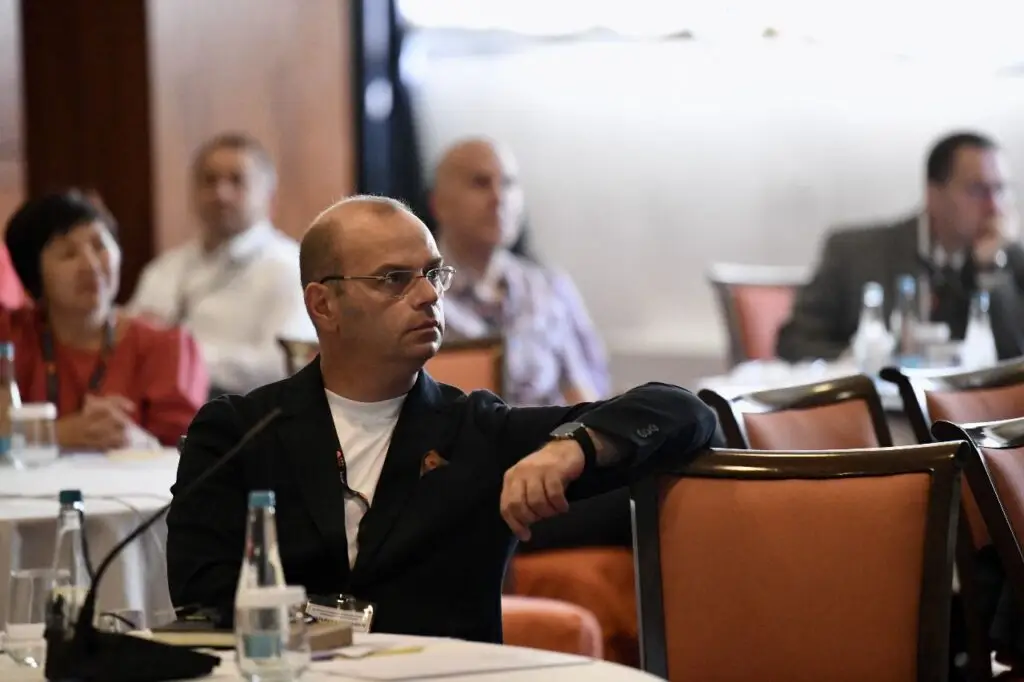
Improving Quality of Well-being
Through the CoP, we are contributing to the long-term goal of improving young people’s well-being by embedding evidence-based CSE into the training of future educators. By equipping teacher education institutions with the right frameworks and tools, we aim to ensure that CSE is not only delivered effectively in classrooms but also culturally contextualized for impact across diverse national settings.
We have also worked closely with partners such as Step by Step from Bosnia and Herzegovina, as well as academic institutions and NGOs, to share best practices and develop regionally relevant strategies.
Future Plans
Looking ahead, our key priorities include:
- Publishing the book as a foundational regional reference on CSE in higher education.
- Expanding collaboration with universities and teacher training institutions to pilot model curricula on CSE.
- Increasing participation from additional countries within Eastern Europe and Central Asia to broaden our knowledge base.
- Continuing the CoP meetings to monitor implementation progress and respond to new research and policy developments.
- Hosting regional webinars and workshops for capacity building and policy dialogue.
I aim to contribute to official UN reports on youth health and wellbeing and to receive recognition such as the UNFPA Youth Health Advocacy Award or WHO Youth Engagement Recognition. Furthermore, I seek to obtain EU Horizon Europe grants for research-to-practice implementation in the field of youth health education.
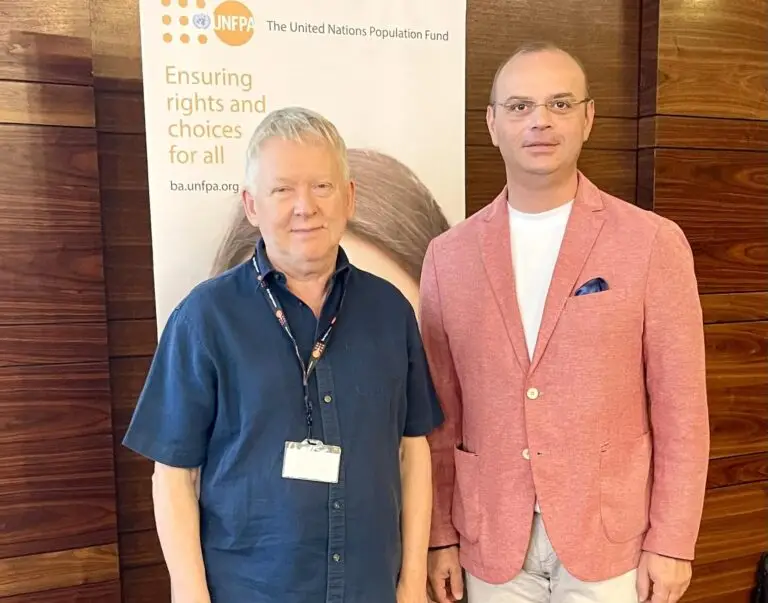
Societal Impact and Public Recognition
To amplify public impact, I will create a multimedia platform—such as a podcast or vlog titled ‘Healthy Generation’—targeted at youth, parents, and educators. By becoming a trusted voice and role model in youth leadership, I plan to partner with influencers and youth organizations to increase the accessibility and visibility of science-based messages. I also envision coordinating or featuring in a documentary or educational media series, distributed via national television or online streaming platforms. Additionally, I aspire to serve as a brand ambassador or public advocate for embassies or international campaigns that highlight youth wellbeing as a national security and development issue.
Leadership Experience and Management Skills
As the Rector of East European University (EEU), I have developed comprehensive leadership skills that are crucial for guiding academic institutions, large-scale projects, and cross-disciplinary teams. My role as an educator and administrator has allowed me to cultivate strategic thinking, project management, and decision-making abilities across various domains, including education, healthcare, and research.
I possess significant experience in steering university operations, shaping academic policies, and overseeing large-scale educational programs. This includes ensuring the alignment of academic structures with international standards, fostering innovation in curriculum development, and promoting a research-driven academic environment. Furthermore, my background in healthcare management and quality assurance, combined with my leadership role in various academic and professional organizations, has enhanced my ability to coordinate complex, multidisciplinary projects effectively.
My management skills have been honed through my involvement in high-impact programs such as Erasmus+, COST Actions, and various collaborations with international organizations like UNFPA, WHO, and UNESCO. These experiences have strengthened my ability to lead teams in diverse cultural settings, ensuring the successful implementation of innovative policies and initiatives.
In addition to my academic leadership, I possess a proven track record in driving cross-functional collaboration, managing budgets, and delivering strategic outcomes under pressure. This extensive experience has prepared me to be an effective leader not only in academic settings but also in the broader fields of public health and youth wellbeing.
